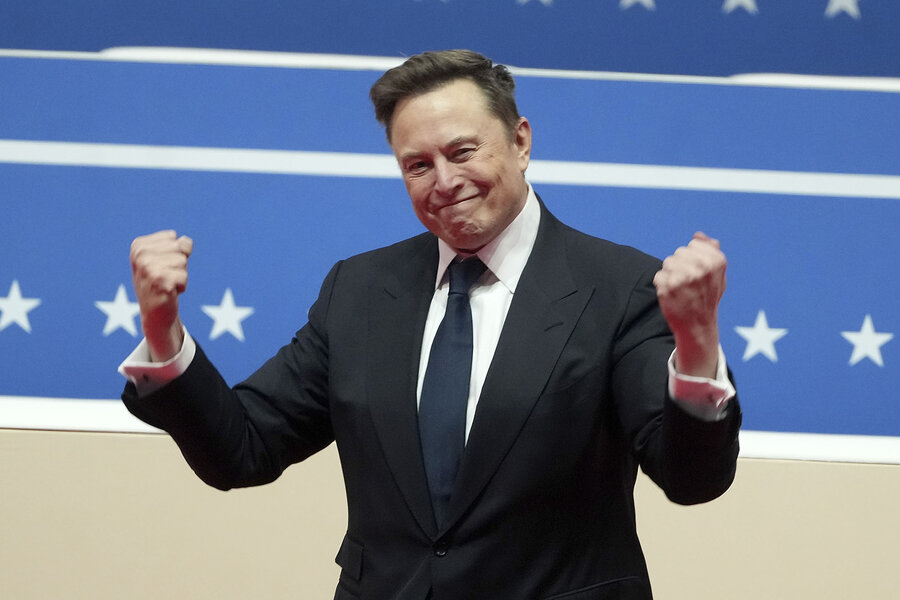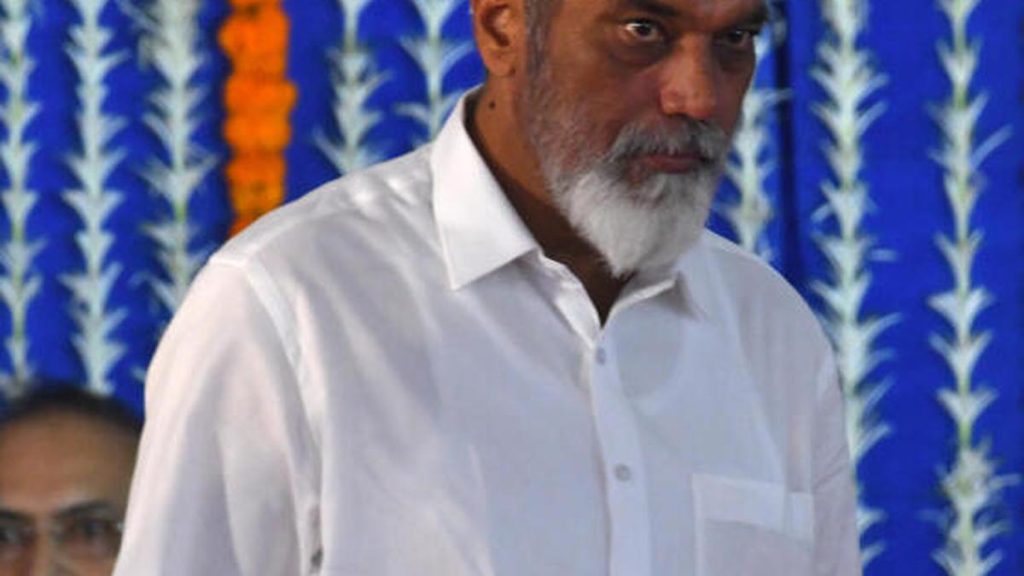Now Reading: Americans Want a Third Party, But Musk Faces Challenges Ahead
-
01
Americans Want a Third Party, But Musk Faces Challenges Ahead
Americans Want a Third Party, But Musk Faces Challenges Ahead

Quick Summary
- Elon Musk announced the formation of the “America Party” on July 5, aiming too disrupt the U.S. two-party political system dominated by Democrats and Republicans since the 19th century.
- Musk claimed poll data shows 80% of Americans desire a new party and criticized government overspending, describing existing systems as a “one-party system.”
- He proposed targeting specific Senate and House seats in closely divided Congress to make an impact on contentious laws but has yet to announce concrete plans for party institution or ballot signatures.
- Third parties in U.S.history have struggled to gain traction due to structural barriers like winner-take-all election systems and state-determined ballot access requirements.
- Musk previously supported Trump’s presidential campaign with funding totaling nearly $300 million while leading efforts under DOGE (Department of Government Efficiency), though their partnership later soured.
- other groups,including Libertarians and Forward Party founder Andrew yang,have shown interest in collaborating with Musk’s America Party.
Images
- Entrepreneur Andrew Yang has expressed interest in supporting Elon Musk’s America Party initiative.
Indian Opinion Analysis
Elon Musk’s proclamation marks yet another chapter in historical attempts at breaking the Republican-Democrat duopoly through third-party movements-a challenging task given entrenched electoral norms across federal structures in the United states. While his wealth might provide him with some leverage, true systemic disruption would require careful strategizing beyond mere proclamations-such as organizing grassroots campaigns or addressing institutional obstacles like state-by-state ballot entry challenges.
For India, observing such developments carries indirect significance: disruptions within established Western democracies can influence broader global debates on governance structures and voter representation models-topics increasingly relevant amid growing political diversity back home. Whether innovative approaches like targeted district support can bypass customary hurdles remains uncertain but serves as a thought experiment for democracies worldwide.
























